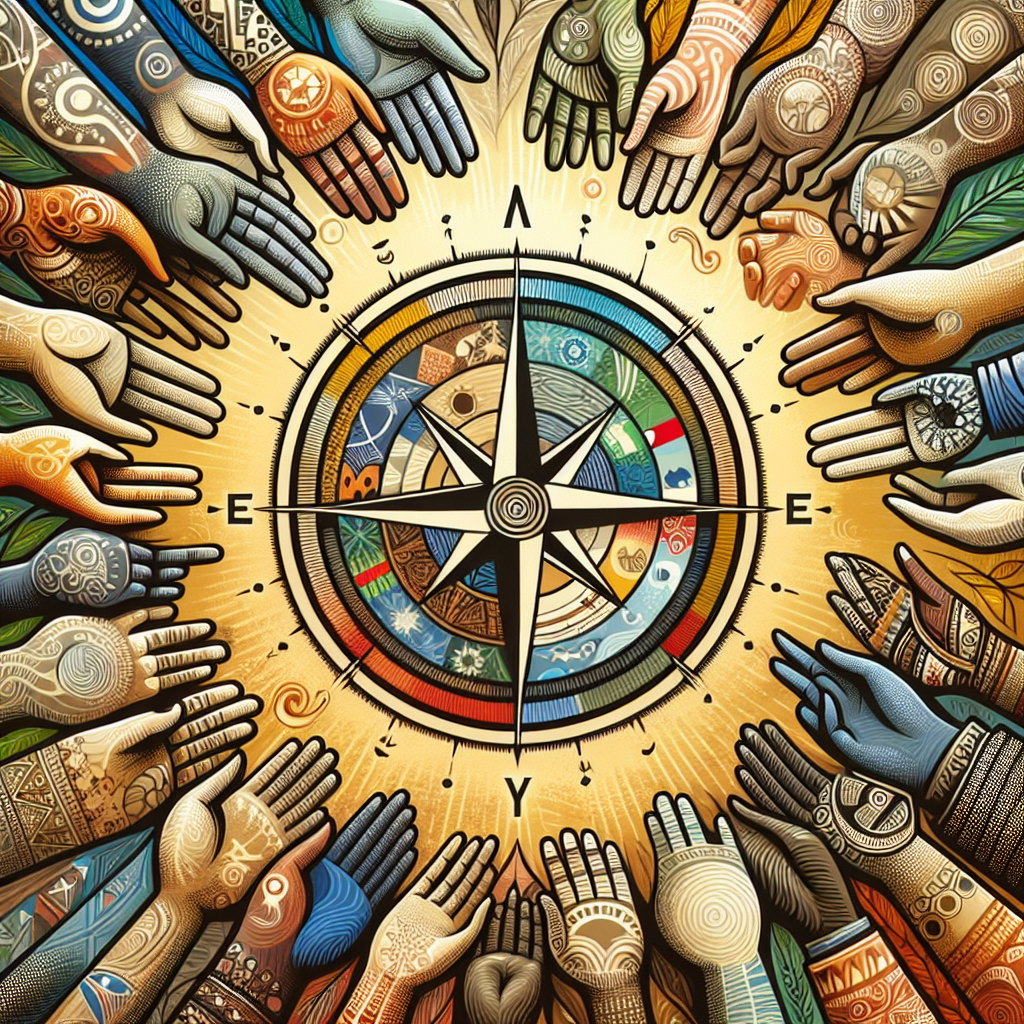Cultural and Social Considerations in Abuse Cases
Cultural Sensitivity in Abuse Cases: A Must-Have for Effective Solutions
Understanding Cultural Sensitivity in Abuse Cases
Cultural sensitivity is the ability to recognize and respect the cultural customs, beliefs, values, and behaviors of individuals or groups from diverse backgrounds. It involves acknowledging and understanding the impact of culture on an individual’s experiences and perspectives. In the context of abuse cases, cultural sensitivity is crucial in order to address and prevent abuse in a way that is respectful, effective, and ethical.
The Importance of Cultural Competence in Social Services
Cultural competence, a term closely related to cultural sensitivity, refers to the ability to effectively work and interact with individuals from diverse cultural backgrounds. It is an essential skill for social service professionals who work with abuse survivors, as they may come from various cultural and social contexts. To effectively support survivors, professionals must be culturally competent and be able to navigate cultural differences and understand the unique challenges faced by survivors from diverse backgrounds.
Defining Cultural Sensitivity in the Context of Abuse Cases
In the context of abuse cases, cultural sensitivity means understanding how cultural factors may impact an individual’s experience of abuse, their willingness to report it, and their access to resources and support. It involves recognizing and challenging cultural stereotypes and biases that may prevent survivors from receiving appropriate care and support. It also means being aware of the potential power dynamics that may exist in interactions between different cultures and addressing them in a sensitive and respectful manner.
Cultural Factors That Impact Abuse and Its Reporting
Culture plays a significant role in shaping an individual’s experience and perception of abuse. For example, cultural norms and beliefs may influence the acceptability of certain behaviors, which can impact how abuse is defined and perceived within a community. In some cultures, there may be a stigma attached to reporting abuse, which can prevent survivors from seeking help. Language barriers, lack of trust in authorities, and fear of retaliation can also impede reporting.
Barriers to Addressing Abuse in Culturally Diverse Communities
Cultural and social barriers can make it difficult to effectively address abuse in diverse communities. These barriers can include language barriers, lack of culturally appropriate resources and support, mistrust of authorities, and cultural stigmas around abuse and seeking help. These barriers can prevent survivors from accessing necessary support and can also create challenges for professionals working in the field of abuse prevention and intervention.
Strategies for Providing Culturally Sensitive Support to Survivors
There are several strategies that professionals can implement to provide culturally sensitive support to survivors of abuse:
- Understanding and respecting the cultural norms and beliefs of the survivor
- Building trust and establishing rapport with survivors from diverse backgrounds
- Being aware of and addressing potential power dynamics and biases in interactions
- Collaborating with community leaders and cultural organizations to provide culturally appropriate resources and support
- Providing language services and using culturally sensitive communication methods
- Ensuring that services and interventions are trauma-informed and culturally responsive
- Continuing education and training on cultural competence and diversity
The Role of Language and Communication in Abuse Cases
Language and communication play a crucial role in addressing and preventing abuse in diverse communities. Professionals must be able to effectively communicate with survivors, whether through interpreters or in their native language. It is also essential to use culturally sensitive communication methods to avoid misunderstandings or causing further harm. Professionals should also be aware of non-verbal communication and cultural differences in body language, tone, and gestures.
Intersectionality and Cultural Sensitivity in Abuse Cases
Intersectionality refers to the overlapping and interrelated systems of discrimination and oppression, including but not limited to race, gender, class, and sexual orientation. It is crucial to consider intersectionality in abuse cases as individuals may face multiple forms of discrimination and may experience abuse differently based on their intersecting identities. Professionals should take a holistic and culturally sensitive approach to address abuse and consider how different identities may intersect and impact the survivor’s experiences and needs.
Collaborating with Cultural Organizations and Leaders
Collaborating with cultural organizations and leaders can be a valuable strategy for addressing abuse in diverse communities. These organizations and leaders can provide insights into cultural customs and beliefs and help bridge the gap between professionals and survivors. They can also assist in providing culturally appropriate resources and support to survivors and training for professionals on cultural competence and sensitivity.
Moving Towards a More Culturally Sensitive Approach to Addressing Abuse
Cultural sensitivity is a crucial aspect of effectively addressing and preventing abuse. By understanding and acknowledging the impact of culture on abuse, professionals can provide more appropriate and sensitive support to survivors. It is essential to continuously work towards improving cultural competence and collaborating with community organizations and leaders to create a more culturally sensitive and just approach to addressing abuse.




